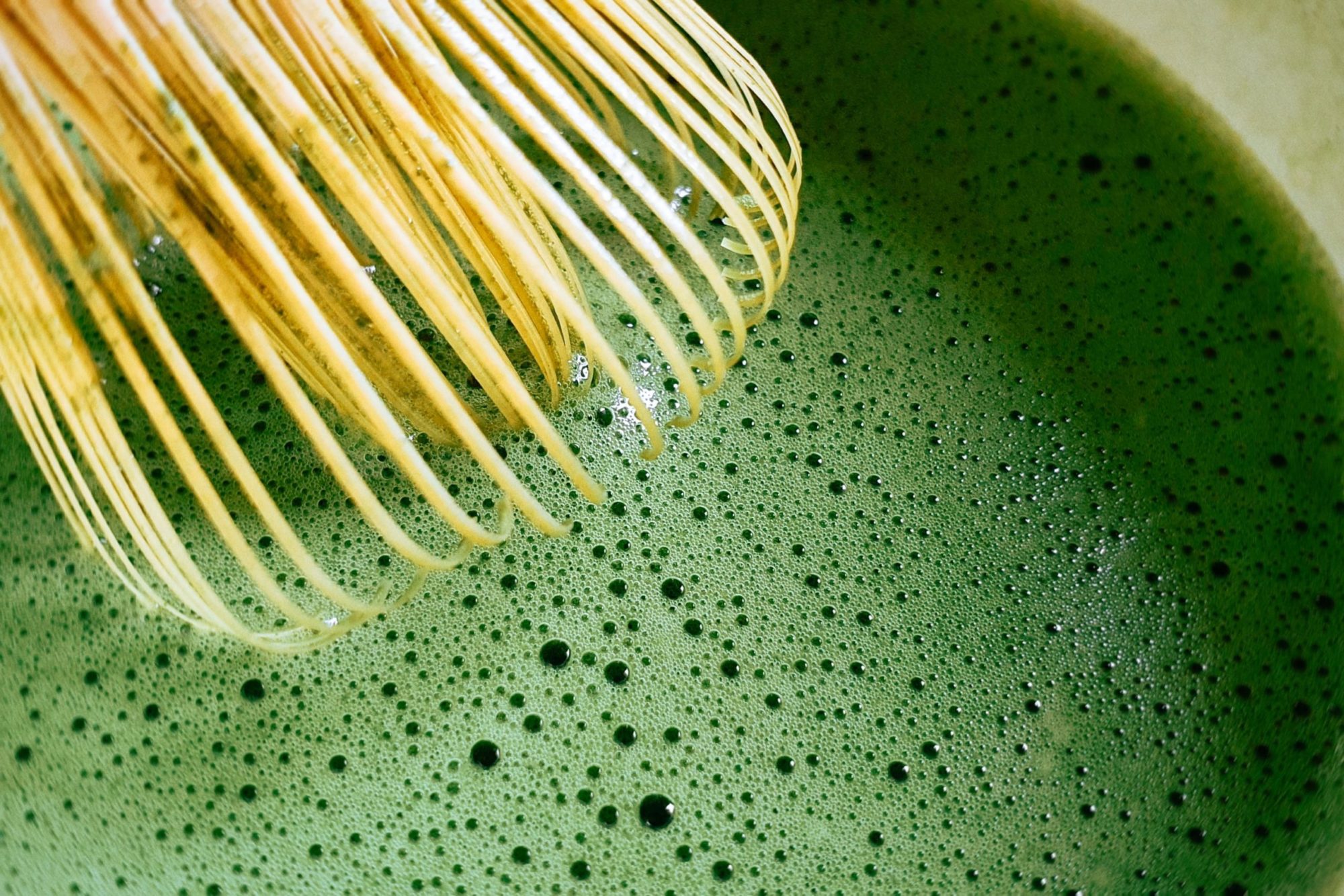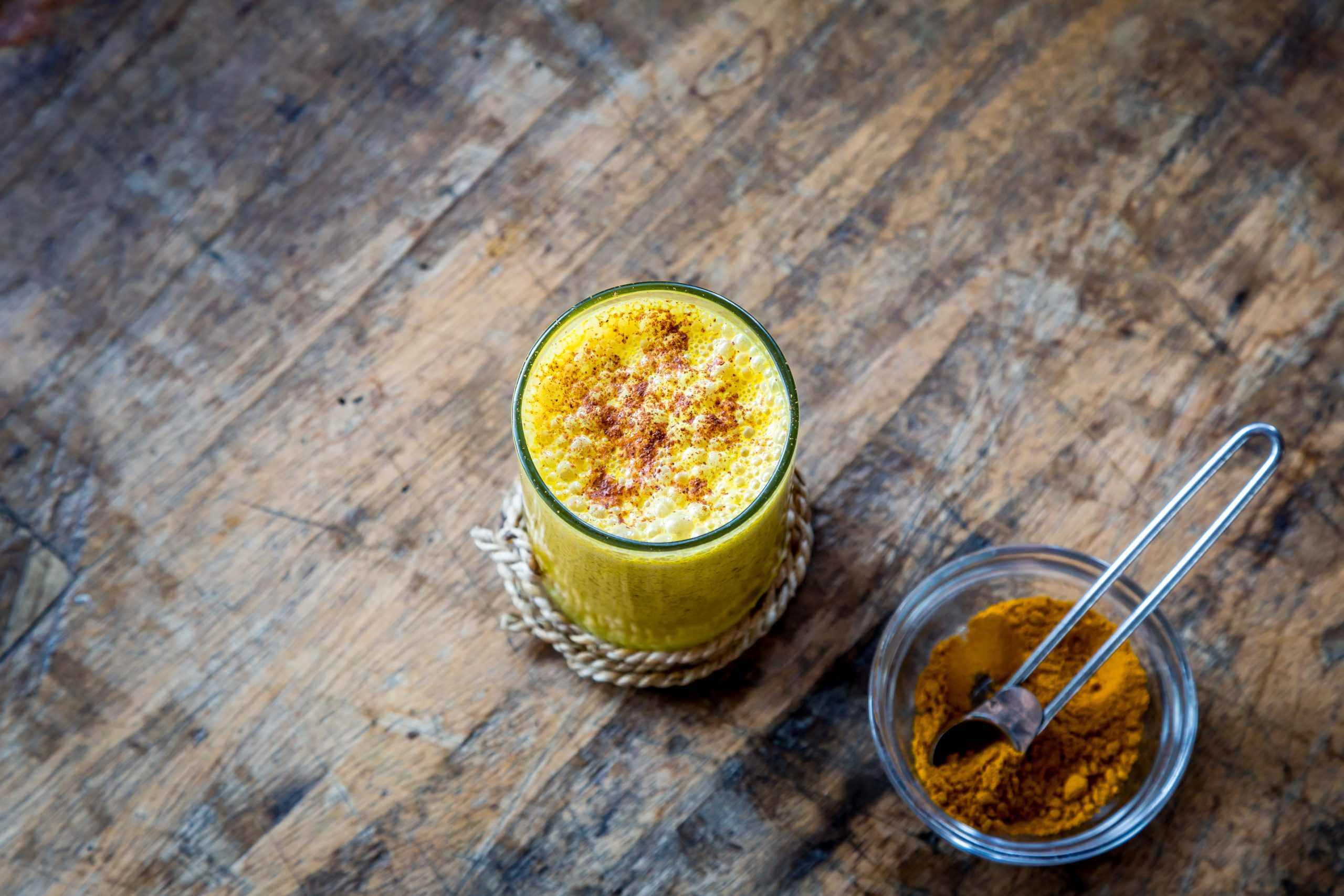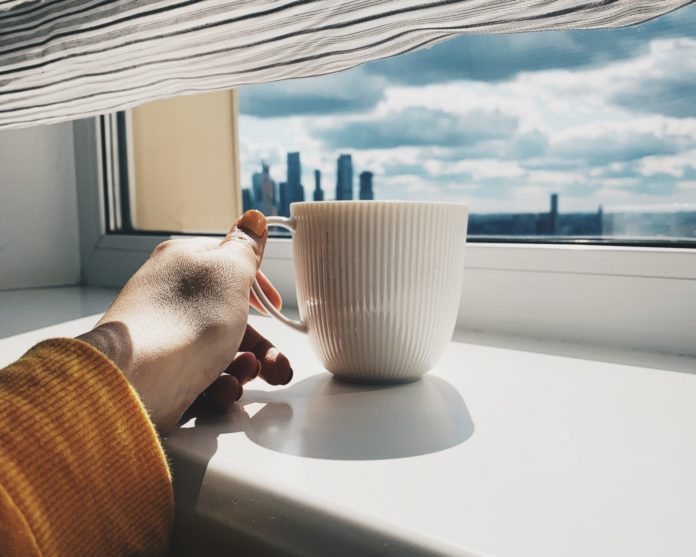But first, coffee. It is many people’s go-to morning beverage. And for some, it’s the first thing that have to do to function. But for some, high amounts of caffeine can cause jitters or headaches or digestive issues. Others just don’t like the taste of it. And the few, want to cut back on their caffeine consumption.
RELATED STORY: The key to the perfect braai, is the perfect marinade
Swapping out your daily cuppa does not have to be a disaster. Here are some caffeine-free alternatives that can help if you’ve become too coffee-dependent or want to shake up your morning routine.

Just some caffeine
Matcha tea
Matcha is lower in caffeine versus a serving of coffee. It also takes longer to release. While it is green in colour – matcha is different to brewable green tea – it uses the entire leaf. Matcha is made by steaming, drying and grinding the leaves of the Camellia sinensis plant into a fine powder. This way, your body receives a more concentrated source of antioxidants. People have described matcha with a fresh, sometimes earthy, flavour.
Yerba mate
Yerba mate is a herbal tea that has been enjoyed in South America for centuries. It is made from the dried leaves of the holly tree, llex paraguriensis, and contains several minerals and vitamins. It has more caffeine in it than some teas, but less that coffee. Regular drinkers swear it does not cause jitters or an intense crash after.
Kombucha
While its popularity soared in recent years, this fizzy beverage has been around for centuries. It is made by fermenting sweetened tea with a starter culture of symbiotic bacteria and yeast. Following fermentation, kombucha contains antioxidants and probiotics which can improve gut health and boost immunity. Kombucha gives you a little caffeine boost – as it starts out as tea – but is far less than coffee.

No caffeine
Golden milk
Why would you turn to bitter coffee, when you can have warm spices like ginger, cinnamon and cardamom to bring you back to life? This rich, caffeine-free drink is delicious with turmeric being its main ingredient. What’s more, it contains black pepper that helps the body better absorb curcumin – the main active ingredient in turmeric – which has powerful anti-inflammatory properties.
RELATED STORY: How to stay hydrated, drink more water in Winter
Rooibos tea
Also known as ‘red tea’ it originates from South Africa. Unlike black or green teas, rooibos is naturally caffeine-free. This makes it suitable for those wanting to limit their caffeine intake, even children, infants and breast-feeding moms. Research suggests that it has cancer-fighting properties and may promote health health and prevent diabetes. It has a slightly sweet, fruity flavour.
Chicory ‘coffee’
Chicory root has been used by Egyptians for centuries, who valued its healing effects on gout, enlarged lovers and jaundice. Like coffee beans, it can be roasted, ground and brewed into a delicious drink that is similar to coffee but is caffeine-free! Chicory is high in inulin, a soluble fiber that may aid in digestion and support health gut.
RELATED STORY: How To Treat Your *Dry, Flaky* Winter Skin
Coffee is a popular drink across the world – but it does not necessarily mean it is for you. But there a plenty of drinks to wake up to – plus – it can provide a number of health benefits.
Try some of these alternatives or let us know about your favourite morning beverage.




